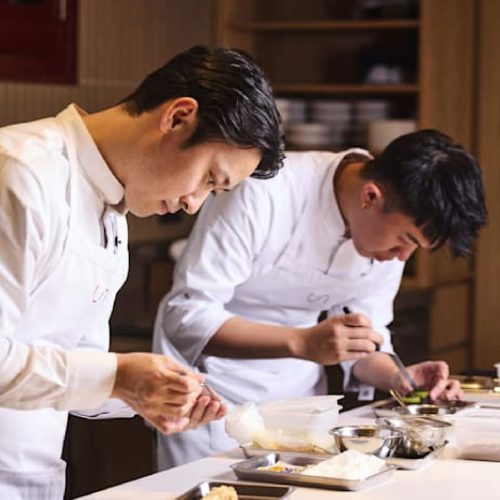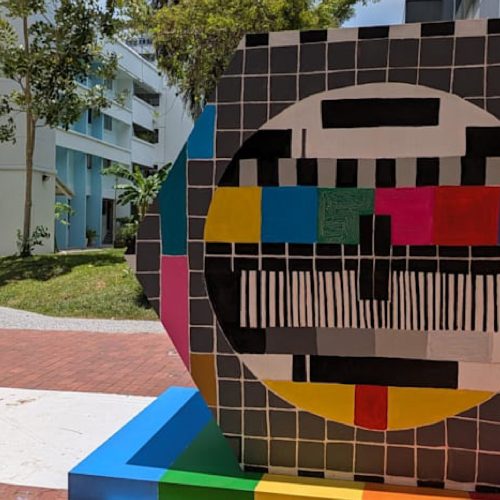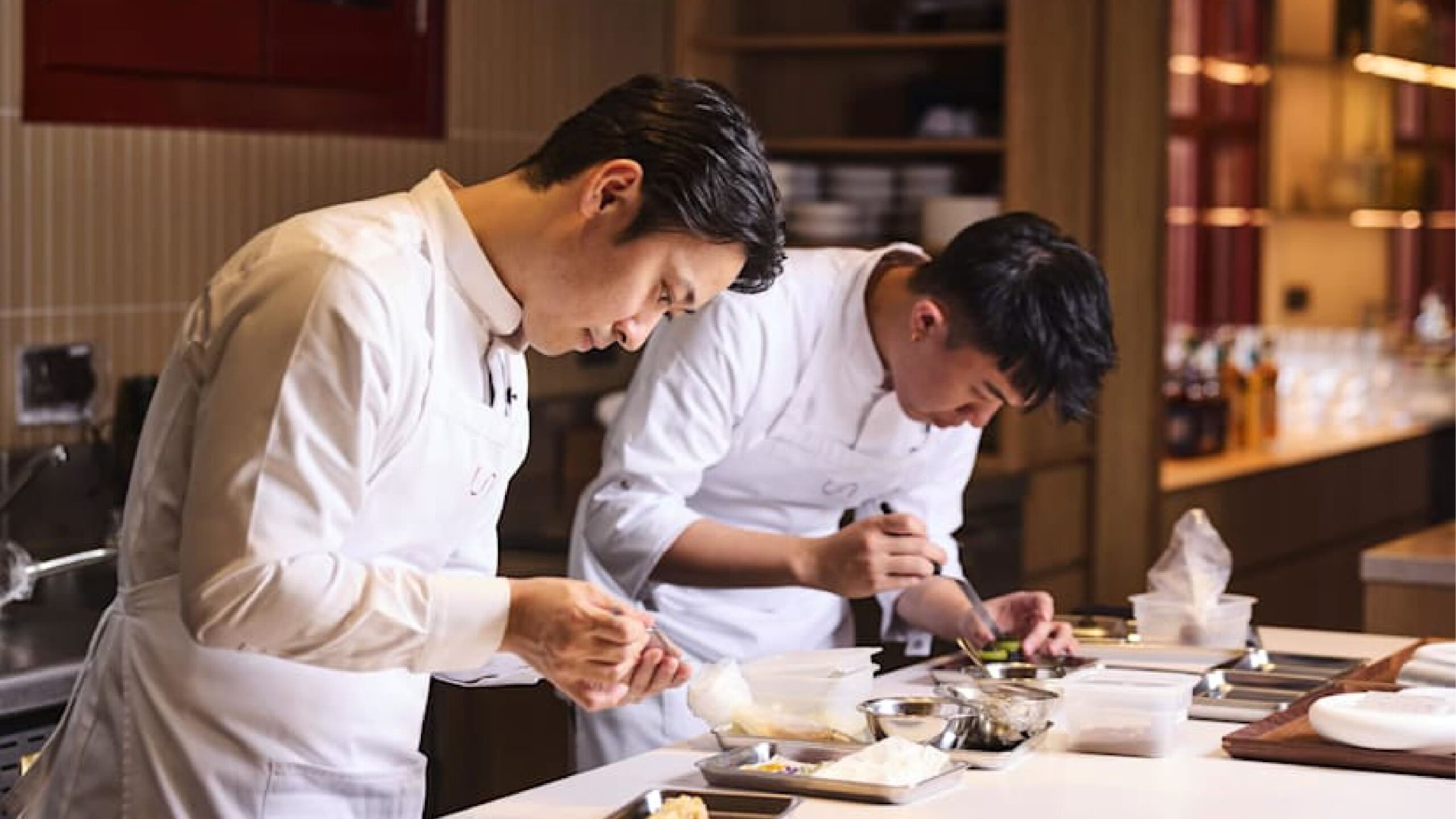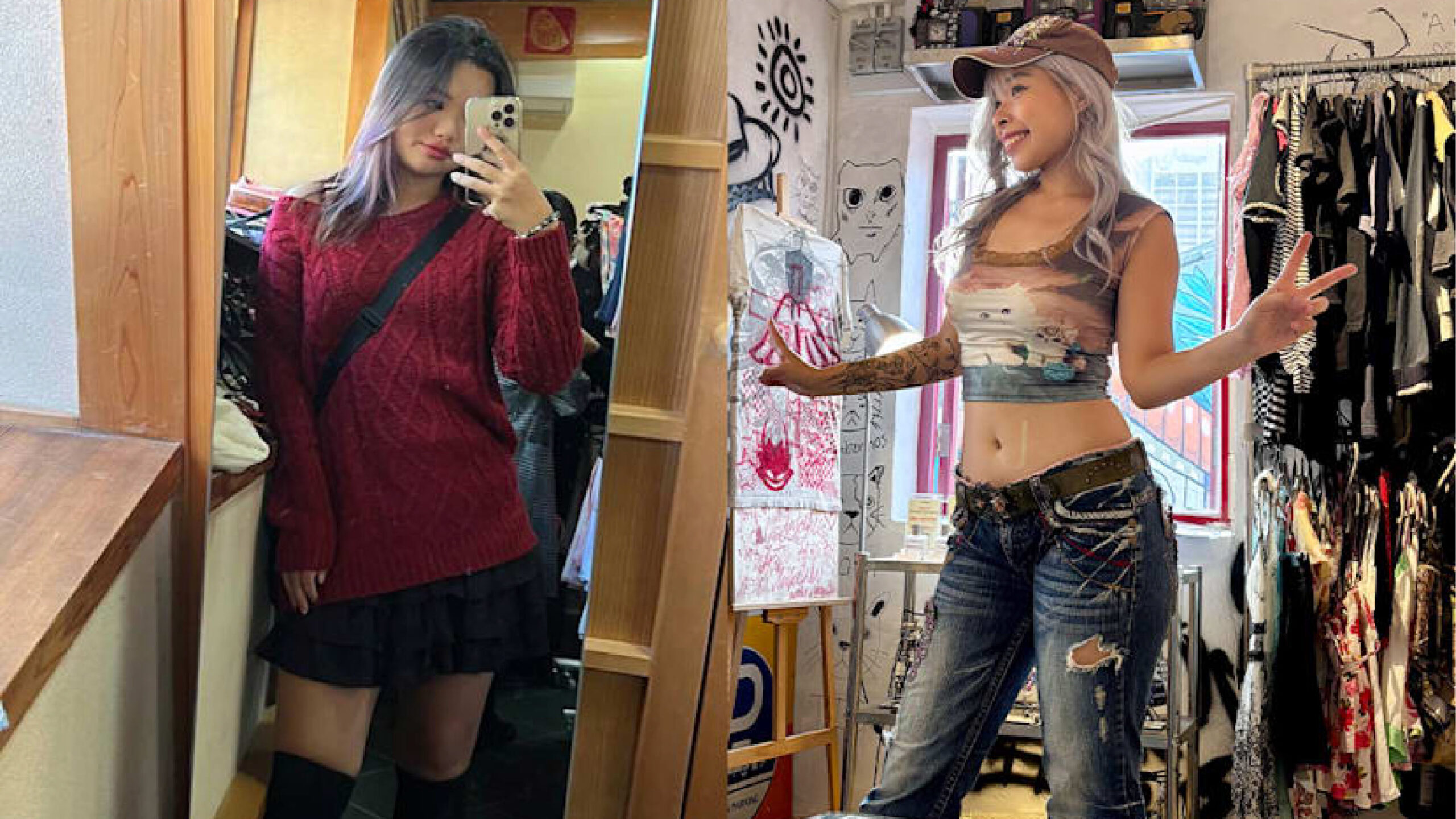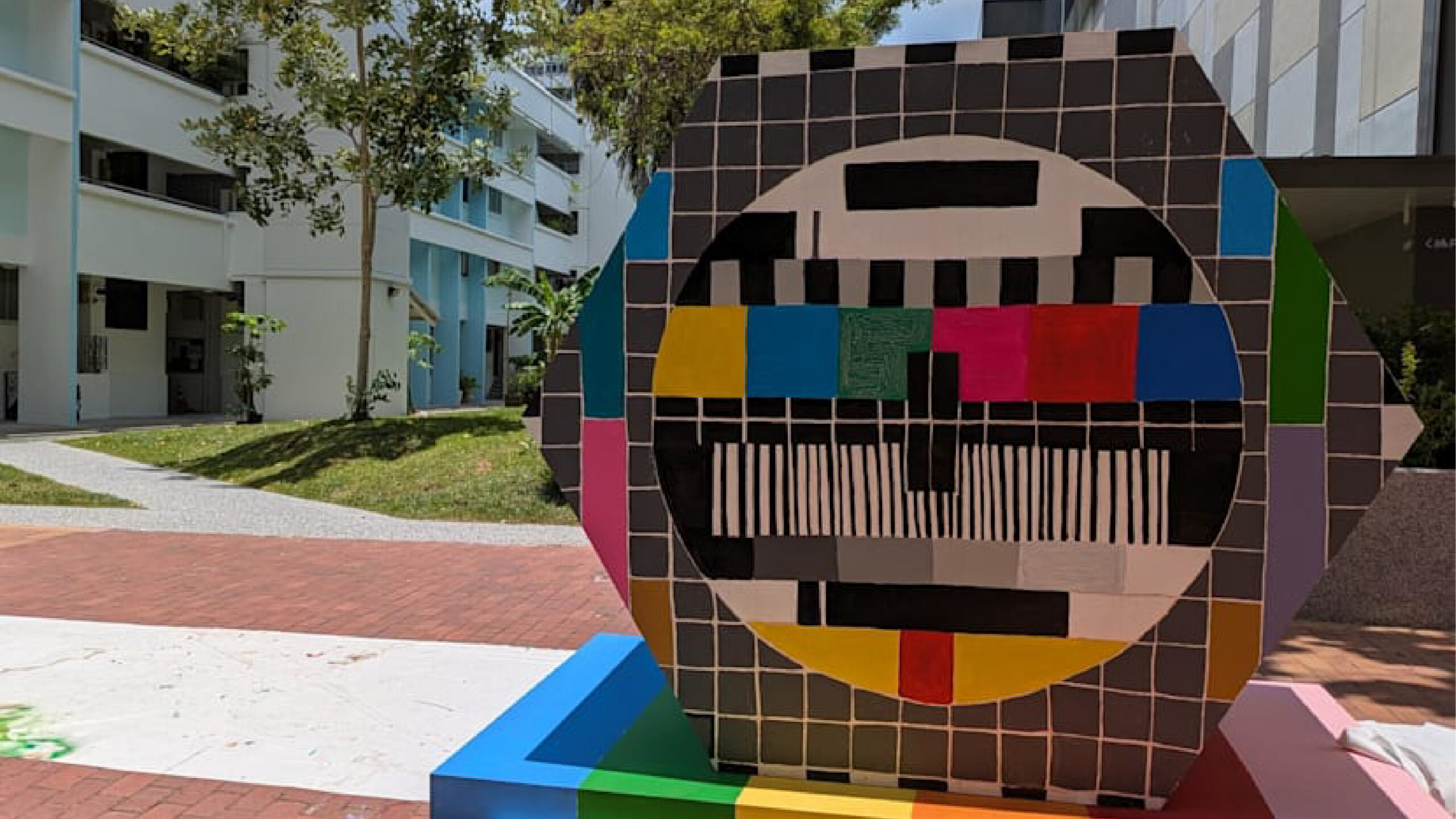In recent years, Singapore has been grappling with a mounting food waste problem. According to the latest data, only 18 percent of unwanted food in 2024 was recycled, leaving the majority to end up in landfills. In response, a growing number of food businesses are turning to an innovative solution: mystery food boxes. These surprise bundles, sold at a discount, contain unsold items that would otherwise be thrown away.
One standout in this movement is the artisanal bakery chain Baker & Cook. The brand’s “surprise bags” have become so popular that some customers log into a mobile app daily just to secure one. Over the past year alone, more than 17,000 of these bags have been sold, each packed with fresh pastries that did not sell during the day. The selection changes daily and is curated by staff based on what is available. Customers collect their bags in the evening, taking home high-quality bakes for half the usual price.
Baker & Cook’s Singapore head, Seah Ern Xu, shared that the initiative’s greatest reward is reducing food waste. For items like croissants and pain au chocolat, which must be discarded after a day or two, the surprise bag system allows them to reach customers instead of going into the bin.
Why Mystery Food Boxes Are Selling Out Fast
The concept is catching on quickly. Mystery food boxes are often sold via mobile platforms, with Yindii emerging as one of the most prominent in Singapore. Launched locally in August last year, the app has already attracted around 160,000 sign-ups. Each day, users can purchase surprise bags at 50 to 80 percent off regular retail prices, filled with surplus food from partner eateries.
Yindii first began in Thailand in 2020, expanded to Hong Kong, and then entered the Singapore market, which has since become its largest. Terry Quek, Yindii’s country head of partnerships, reported that 70 to 80 percent of the available surprise bags are snapped up daily. The platform currently features over 80 brands and more than 400 stores, including Baker & Cook.
However, Quek noted that one challenge is convincing some merchants to adopt the model. Many are still hesitant about selling unsold items at a discount, despite the environmental and financial benefits.
Creative Variations of the Mystery Box Concept
Another local platform, Treatsure, offers a unique twist by allowing customers to fill a box with food from hotel buffets for a fixed price of S$10 during the last hour of service. Earlier this year, Treatsure introduced its “thrill box,” a restaurant and retail mystery food concept where staff choose the items for customers. Since its launch, demand has increased fivefold.
Preston Wong, CEO and co-founder of Treatsure, explained that the element of surprise plays a big role in attracting customers. The company currently works with 26 hotel partners and 10 food and beverage outlets across Singapore.
Even homegrown cake shop Emicakes has joined in. About two weeks ago, the bakery began offering mystery bundles of surplus cakes on the Treatsure app at 40 percent off. General manager Madeliene Soh shared that this not only helps increase sales but also cuts down on food waste, which aligns with the brand’s commitment to sustainability.
Environmental Impact and Climate Goals
Food waste is not just an economic issue—it is an environmental one. When food ends up in landfills, it decomposes and releases greenhouse gases, contributing to global warming. Mystery food boxes are helping to tackle this problem directly.
Yindii estimates that each purchase offsets an average of 2.5 kilograms of carbon dioxide emissions. Customers can even track their individual impact through a counter in the app, while merchants can monitor their cumulative waste reduction.
Looking ahead, Yindii plans to expand beyond food and groceries to include other perishable goods such as flowers and pet food. Education is another focus, as many consumers and merchants still misunderstand “best before” dates. Quek emphasizes using common sense—checking appearance and smell—before discarding food.
A Small Change with Big Results
The mystery food box trend in Singapore is proving that simple, innovative ideas can create meaningful change. By connecting consumers with high-quality surplus products at reduced prices, these initiatives are not only saving money but also making a significant dent in the nation’s food waste problem.
From artisanal bakeries to hotel buffets and cake shops, more businesses are stepping up to embrace this model. As awareness grows, mystery food boxes may well become a standard part of Singapore’s sustainable food ecosystem—one surprise bag at a time.



